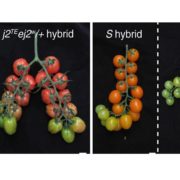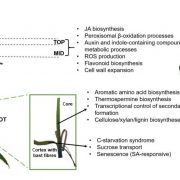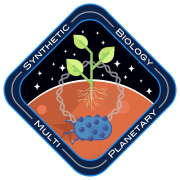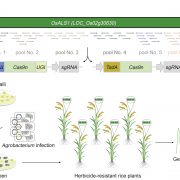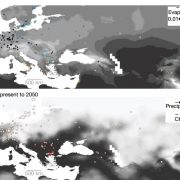Increased efficiency of targeted mutagenesis by CRISPR/Cas9 in plants using heat stress ($)
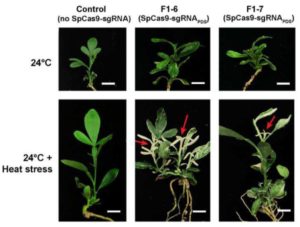 CRISPR/Cas9 genome editing has rapidly become a powerful tool in modern plant science research. However, issues of low editing efficiencies and off-target mutations remain. LeBlanc et al. hypothesised that subjecting plants to high temperature stress, mimicking the optimal operating temperature of Streptococcus pyogenes Cas9, would increase editing efficiency. When Arabidopsis plants expressing a GFP reporter, Cas9, and a sgRNA targeting the reporter were subjected to heat treatments, editing efficiency was drastically enhanced. Off-target editing also increased, although ensuring the sgRNA seed region was specific to the target (at least two base pairs different to other genomic sites) avoided this side-effect. Improved editing efficiency resulted from enhanced Cas9 activity and sgRNA levels. (Summary by Mike Page) Plant J. 10.1111/tpj.13782
CRISPR/Cas9 genome editing has rapidly become a powerful tool in modern plant science research. However, issues of low editing efficiencies and off-target mutations remain. LeBlanc et al. hypothesised that subjecting plants to high temperature stress, mimicking the optimal operating temperature of Streptococcus pyogenes Cas9, would increase editing efficiency. When Arabidopsis plants expressing a GFP reporter, Cas9, and a sgRNA targeting the reporter were subjected to heat treatments, editing efficiency was drastically enhanced. Off-target editing also increased, although ensuring the sgRNA seed region was specific to the target (at least two base pairs different to other genomic sites) avoided this side-effect. Improved editing efficiency resulted from enhanced Cas9 activity and sgRNA levels. (Summary by Mike Page) Plant J. 10.1111/tpj.13782


